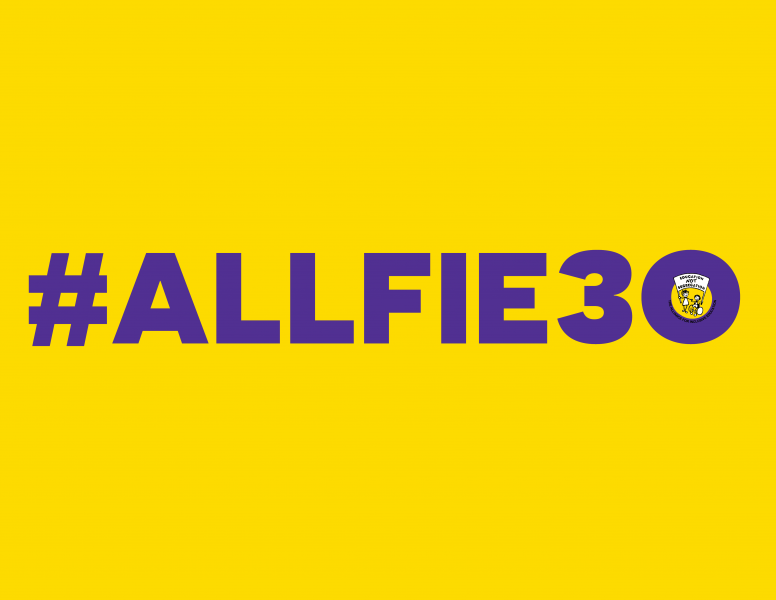30 Years of Campaigning For Change: Past, Present and Future
ALLFIE’s Campaigns and Policy Coordinator, Simone Aspis, introduces 30 years of ALLFIE’s core work campaigning for inclusive education – the past, present and future.

I very much hoped that by now Disabled students would have had an unqualified right to inclusive education.
Historically, we have managed to secure several significant changes in law such as the presumption of mainstream education principle in the 1996 Education Act and accompanying Inclusive Schooling Guidance (2001), which is now replaced by the Children and Families Act (2014) which should have provided the majority of Disabled people with the right to a mainstream education. ALLFIE was also successful in securing changes to the Disability Discrimination Act (1995) and Special Education Needs and Disability Act (2001) before being replaced by the Equality Act (2010), so that disability discrimination in education was outlawed. However, education legislation has always allowed for Disabled students to be segregated and excluded for disability-related reasons. A clear observation was made (2017) by the UNCRPD Monitoring Committee that UK legislation is currently incompatible with its UNCRPD Article 24 obligations to promote inclusive education, as set out in comment 4.
With increasing opportunities for education to take place in a broader range of places – after all, no one expected professional football clubs, home education groups or mainstream academies with subject specialisms offering a broader range of learning opportunities – it provides us with a real chance to look beyond traditional institutions for the provision of inclusive education within community settings. Such a move will enable us to think much more critically about what constitutes segregation, exclusion, integration and inclusion. We have tended to discuss such ideas through our experiences of either working or learning within traditional educational institutional settings such as schools, colleges and universities offering a one-size-fits-all approach.
The Equality Act’s definitions of disability and reasonable adjustments – the concept of which has been left undefined in law – allow for the idea of disability and reasonable adjustments to evolve in the context of our own needs and society’s norms. Similarly, inclusive education has always been a dynamic concept, where our ideas about inclusion will evolve in light of the values of both society and the education system, as well as changes in learning and assessment styles and methods, learning environments and the like.
One of the core challenges we have going into the future is how to understand what is meant by inclusive education in contemporary times and how to translate that into legislation and accompanying guidance.
By Simone Aspis, ALLFIE Campaigns and Policy Coordinator
Simone leads ALLFIE’s campaigns and is active on current policy and legislation issues.
![Allfie [logo]](https://www.allfie.org.uk/wp-content/themes/allfie-base-theme/assets/img/allfie-logo-original.svg)




Discussion
There are no comments so far.